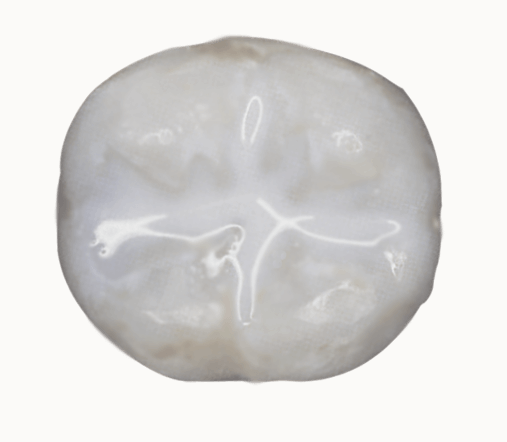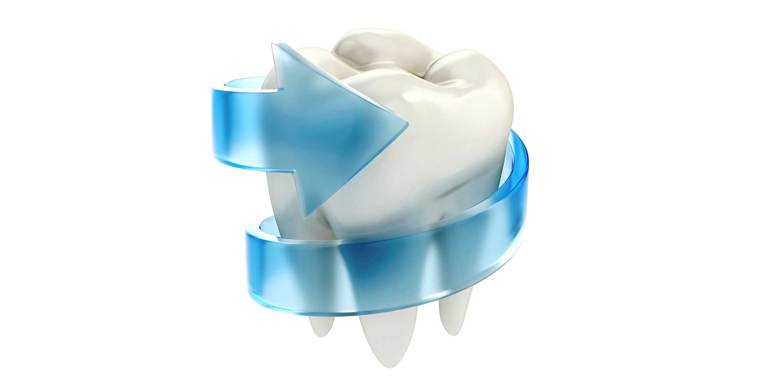Applying Dental Sealants
Sealants are one of the easiest preventive dental procedures that can be done. Sealing your teeth can be done in a single dental visit and is entirely painless!
We will first thoroughly clean and dry teeth that are going to be sealed. Generally, gauze and/or cotton will be placed around the tooth to prevent moisture collecting on the tooth. A clean and dry tooth is essential for the sealant material to properly adhere.
Next, a mild acid is applied to the chewing surface of the tooth. This will roughen the surface layer of the tooth's enamel and will provide an optimal surface for the sealant material to bond to.
The tooth will be rinsed with water and dried a final time before the sealant is placed.
Dental sealant material is a plastic-like material that is brushed onto the tooth's chewing services. This liquid-like material will sink into the nooks and crannies within the chewing surface and start bonding directly to the enamel layer of the tooth. We will use a special blue curing light that hardens the sealant.
That's it! Your tooth is now sealed off from harmful plaque and bacteria.
Added Protection Against Tooth Decay
Decay generally happens in premolars and molars due to the build-up of bacteria within the crevices of the tooth's biting surface. Even with proper oral hygiene, bacteria within these deep crevices is extremely hard to brush out and can allow plaque and bacteria to form thus leading to a cavity, which then needs to be filled.
Dental sealants effectively create a protective layer over a tooth's biting surface by sealing off tooth crevices making it impossible for plaque and bacteria to form. Dental sealants also make brushing these teeth much more effective which also keeps the cavities away.
Dental sealants are for everyone so we invite you to request an appointment and come in to talk more with us about getting dental sealants.

How Long Do Tooth Sealants Last?
Dental sealants are very hard and stand up well against normal biting and chewing forces. Sealants can last as long as 10 years without needing to be replaced; however, during a regular dental checkup we will check your sealants for any chipping or excessive wearing. Dental sealants in need of replacement can generally be done on-the-spot as necessary.

Are Tooth Sealants Expensive?
Dental sealants are perhaps one of the most affordable preventive dental services that you can receive. In most cases, dental sealants cost less than $50 per tooth and end up preventing much more costly dental procedures such as fillings, root canals and even needing the tooth to be extracted and replaced.
Are Sealants Covered Under Dental Insurance?
Many dental insurance plans do cover the cost of dental sealants as a means to keep good oral health and prevent cavities. If you are not sure that your specific plan will cover dental sealants, we can look into it for you. Call our office at 415.731.9300 or request an appointment today and we can take a look.
